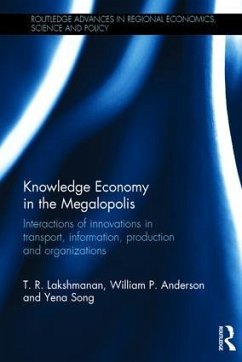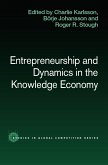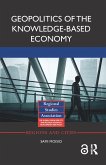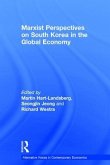This book documents the broader economic consequences of multimodal transport investments, in particular the nature and scope of economic evolution and structural changes over several decades along the dynamic Boston-Washington multimodal transport corridor in the United States, an area christened by Jean Gottmann as the Megalopolis. The Megalopolis comprises some of the country's oldest settled areas, the densest mega-urban region, comprising locales of both the earliest industrialization, and of the modern knowledge economy all in the light of a transport infrastructure that has been vital to the region's success. The authors outline the many economic mechanisms through which transport investments in highways and other modes support economic growth and development along transport corridors while highlighting additional economic structural change processes such as the switch to a service economy, the rise of globalization and the increased importance of spatial proximity.
In recent decades urban regions around the world have engaged in a new process of development based on the creation of new knowledge. Amidst the globalization of economic activities and the arrival of transformative technologies, knowledge has become the key driver of competitiveness and is profoundly reshaping the patterns of economic growth and activity. This book offers a comprehensive new model of the rise of a Knowledge Economy and its evolutionary development in the Megalopolis. These regions are developing new institutions and governance mechanisms to adapt, disseminate, and utilize available knowledge to promote continuing development of their Knowledge Economies. However, such developments are accompanied by increasing inequalities in incomes and in urban services. This book examines the resilience of some urban regions and their recent emergence as vibrant Knowledge Economies. It also reviews the recent renewal and growth in the Megalopolis-- stretching along the Atlantic Seaboard along the metropolitan areas of Boston, New York, Philadelphia, Baltimore and Washington DC. This book will appeal to researchers and professionals interested in urban and regional development, and to business groups interested in economic development.
In recent decades urban regions around the world have engaged in a new process of development based on the creation of new knowledge. Amidst the globalization of economic activities and the arrival of transformative technologies, knowledge has become the key driver of competitiveness and is profoundly reshaping the patterns of economic growth and activity. This book offers a comprehensive new model of the rise of a Knowledge Economy and its evolutionary development in the Megalopolis. These regions are developing new institutions and governance mechanisms to adapt, disseminate, and utilize available knowledge to promote continuing development of their Knowledge Economies. However, such developments are accompanied by increasing inequalities in incomes and in urban services. This book examines the resilience of some urban regions and their recent emergence as vibrant Knowledge Economies. It also reviews the recent renewal and growth in the Megalopolis-- stretching along the Atlantic Seaboard along the metropolitan areas of Boston, New York, Philadelphia, Baltimore and Washington DC. This book will appeal to researchers and professionals interested in urban and regional development, and to business groups interested in economic development.









